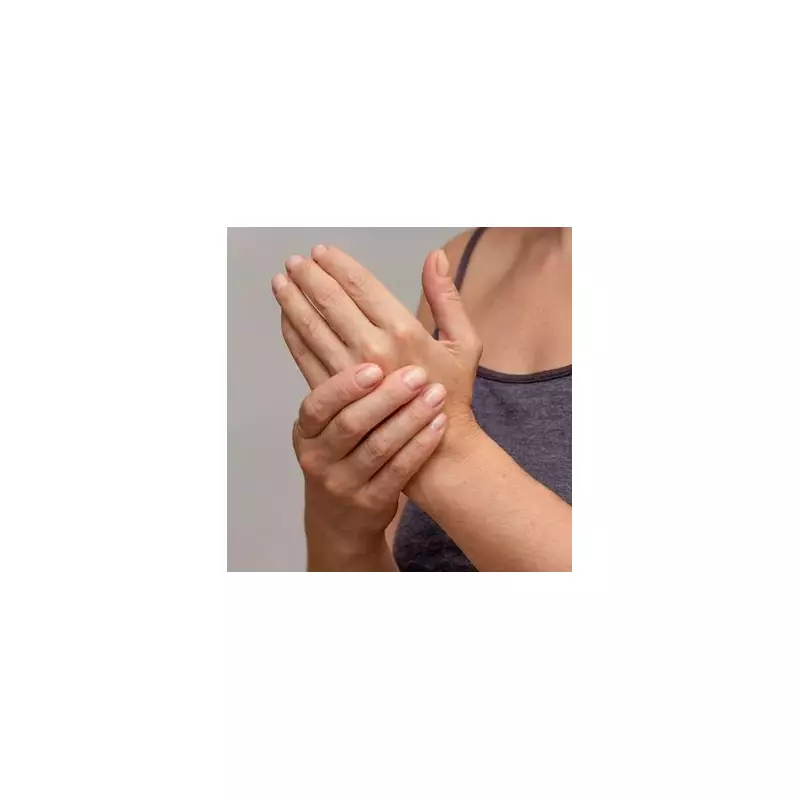
What Your Hands Could Be Telling You About Your Health
Your hands are more than just tools for daily tasks—they can also serve as early warning systems for underlying health conditions. From subtle changes in colour to unexpected tremors, here’s what to look out for.
1. Discolouration or Blue Tinge
If your fingers or nails appear bluish, it could indicate poor circulation or even a lung or heart condition. This symptom, known as cyanosis, requires immediate medical attention.
2. Persistent Tremors or Shaking
While occasional shaking is normal, persistent tremors could be a sign of neurological conditions like Parkinson’s disease or an overactive thyroid.
3. Swollen Fingers or Joints
Unexplained swelling might point to arthritis, gout, or even kidney problems. If swelling persists, consult your GP.
4. Nail Abnormalities
Pitted, ridged, or discoloured nails can signal anything from fungal infections to psoriasis or even lung disease.
5. Cold Hands Despite Warm Weather
Constantly cold hands could indicate poor circulation, anaemia, or Raynaud’s disease—a condition affecting blood flow.
6. Numbness or Tingling
Frequent pins and needles might suggest nerve compression (like carpal tunnel syndrome) or even diabetes-related nerve damage.
7. Red or Itchy Palms
Persistent redness or itching could be linked to liver conditions, allergies, or even eczema.
8. Unusual Finger Clubbing
If fingertips become rounded and nails curve downward, it may indicate lung or heart disease.
9. Dry, Cracked Skin
While often dismissed as dehydration, severely dry hands might signal thyroid issues or autoimmune conditions.
10. Weak Grip Strength
A sudden decline in grip strength could be an early sign of arthritis, nerve damage, or even cardiovascular problems.
When to Seek Medical Advice
If you notice any persistent or worsening symptoms, don’t ignore them. Early detection can make a significant difference in managing or treating potential health issues. Book an appointment with your GP if you’re concerned.





